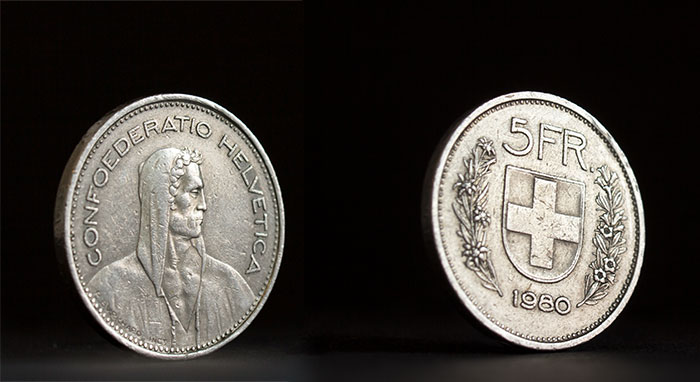So the mean temperature in Spokane this last Saturday was 7°F. And Sunday was even colder. But that didn’t prevent me from stepping out onto the frozen tundra with the intrepid Rosie to take in a few lungfuls of brisk arctic air. How did I manage, you ask?
Two words: butter tea.
Stay with me here. It’s been scientifically proven that butter makes everything better, so it shouldn’t surprise anyone that it’s the perfect accompaniment to a cup of tea. Plus, the Tibetans have been drinking it that way for more than a thousand years. The problem is, they use yak butter, which is…somewhat difficult to track down around here. But I came up with a workaround, adapted from Carolyn Phillips’s magisterial All Under Heaven:
4 TBS Pu-erh tea leaves (you can pick this up locally at Lorien on South Perry)
1 cup heavy cream (or whole milk if the fat content freaks you out)
4 TBS high-quality salted butter (Trader Joe’s has a delicious water buffalo variety)
pinch of salt
Add the tea to 5 cups of boiling water and simmer for 10–15 minutes, depending on the strength you desire. Strain. Blend the liquid with the cream, butter, and salt. Serve immediately. Experience Nirvana. (No, not that one. This one.)
Seriously, folks, you need to try this. Warms you up from the inside out while providing you with the kind of caloric energy you need to make it to spring.


















